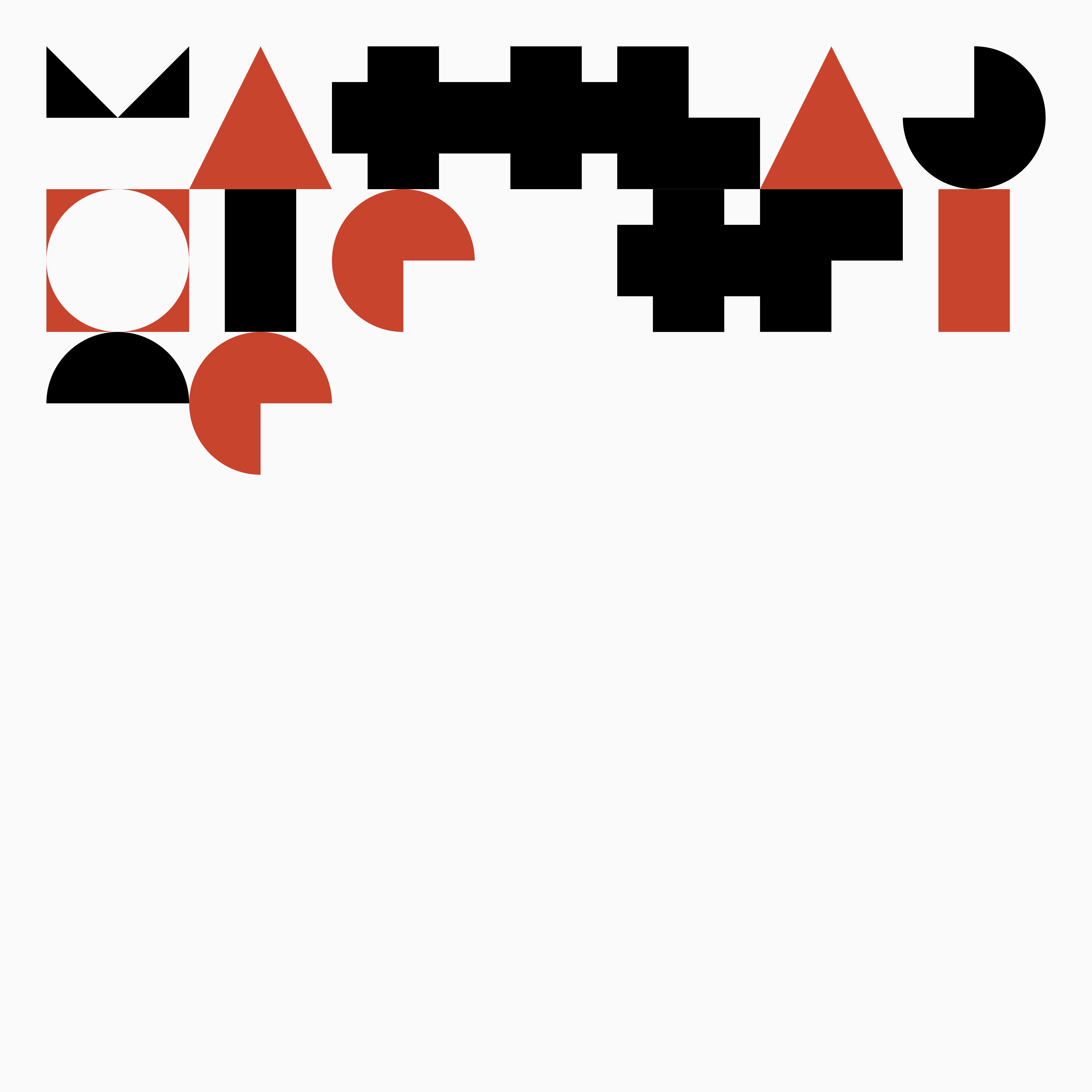Matt LaJoie is an American musician and visual artist born, living, and working in the state of Maine. With over two dozen solo guitar releases in the past four years, and hundreds of other recordings released since 2005 under various solo aliases and as a member of several improvisationally minded groups, Matt has remained a prolific DIY recording musician for the past two decades. Since 2017, most of his new music has been released through Flower Room, the self-run in-house private press label he co-founded with Ash Brooks.
A few years ago, Ash Brooks and I developed a system for improvisation she coined Tonal Cosmology. Similar to the intention behind many ragas, its scales are informed by the placement and movement of planetary bodies, with key notes taken from the actual tones sounded by the vibration of the planets' orbital fields. Some transits sound naturally heavenly when translated to music; others are quite dissonant. I believe through this kind of exploration we approach an understanding of the ‘music of the spheres’ pioneered and developed by Johannes Kepler, Hazrat Inayat Khan, and others; beyond that, improvising in the Tonal Cosmology system has provided us no shortage of transcendent musical experiences.
The first section of Trine is based on the ‘Cosmic Chord’ for the Mars trine Venus transit; the second movement shifts the perspective to Venus trine Mars; the third combines all four key notes into a quadratic whole. Living on Earth—with Venus on one side and Mars on the other—our unique perspective allows us to examine the harmony available when the Venusian and Martian tonal fields interact. This is obliquely what the piece is about; I hesitate to elaborate further out of concern that I may influence the listener's unique experience.
Trine is an excerpt from a 90 minute improvisation performed on my Seagull 12-string acoustic guitar (transformed into a 10-string by removing two of the higher resonant strings), run through a Line 6 DL4 delay/looping pedal. The DL4 is the single most important piece of equipment for the music I make, dependent as I am on looping, and, particularly, live-looping in an improvisatory setting to create a multi-track effect. By leaving the ‘record’ function open on the looper, each time the loop returns to the beginning I must make an instant decision about which notes to add in order to move the piece in a direction closer to the song I'm hearing in my mind. There’s always something subconscious that wants to be expressed in a moment of pure improvisation, and what I'm performing at those times is more akin to deep listening than anything else. I call this ‘automatic composition’—when, mid-improvisation, I slip into a meditative state where I'm listening to the finished piece of currently-in-progress music, mixed and mastered and playing on a stereo in some undefined future. Sometimes I even ‘see’ the record spinning on a turntable, as my fingers keep up with what I intuit the next note played on the record will be. It's a practice with roots in Dada, surrealism, spiritualism, and Transcendentalism, and is the single most mystical, magical experience I have in life. The paramount drive of my artistic output is to capture and share these abstract spiritual occurrences in as documentarian a fashion as possible.
When live-looping, each new layer begins clear and present, then with each iteration it moves farther and farther into the background, its volume and impact gradually softening, its notes absorbed into an undefined drone before disappearing completely. This forward motion is crucial to loop-based improvisation, expanding the limitations of repetition and allowing the present to reshape the past in profound ways. This concept can be taken further as inspiration for handling stress and trauma held in the body, demonstrating that while the echo and resonance of difficulties and tragedies may linger long and true in the background of our existence, we can courageously examine the spaces in between apparent dissonance and work to resolve into a higher harmonic union. When I feel stuck in a particular improvisation, when there seems to be no path forward, I'll reverse the loop, or speed it up to double-time or slow down to half-time. It's incredible what changing the perspective on a collection of tones can do! Something that feels dissonant or dull or trite can instantly flip into an alien landscape, full of wonder and possibility. This is the freedom we possess to take agency of our own perception and perspective, elevating our view in order to push forward and create meaningful experience and expression from anything that occurs in life.
We live in a plane based on polarity: relationships between two or more apparently disparate things, and the field of overtones created when they meet. I believe harmony is the true, natural condition of existence, but it is only through transcending experiences of dissonance on Earth that we understand and remember this natural, unified state, beyond our current experience of apparent separation. Music is one of the safest, most enjoyable ways to work through these issues, as dissonance, resolution, and harmony are built into the medium as its most basic principles. When we feel lost or "off", engaged listening to music can help restore us to our natural state through these demonstrations: moments in motion, mutable by the strength of our consciousness and will to inspire healing and upliftment.
Mastered by Patrick Haid.
Purchasing: https://flowerroomrecords.bandcamp.com/track/trine


